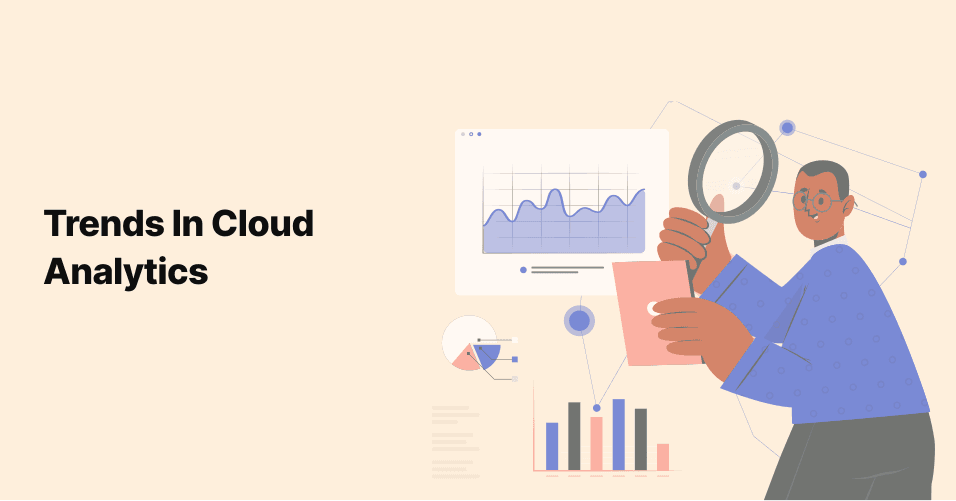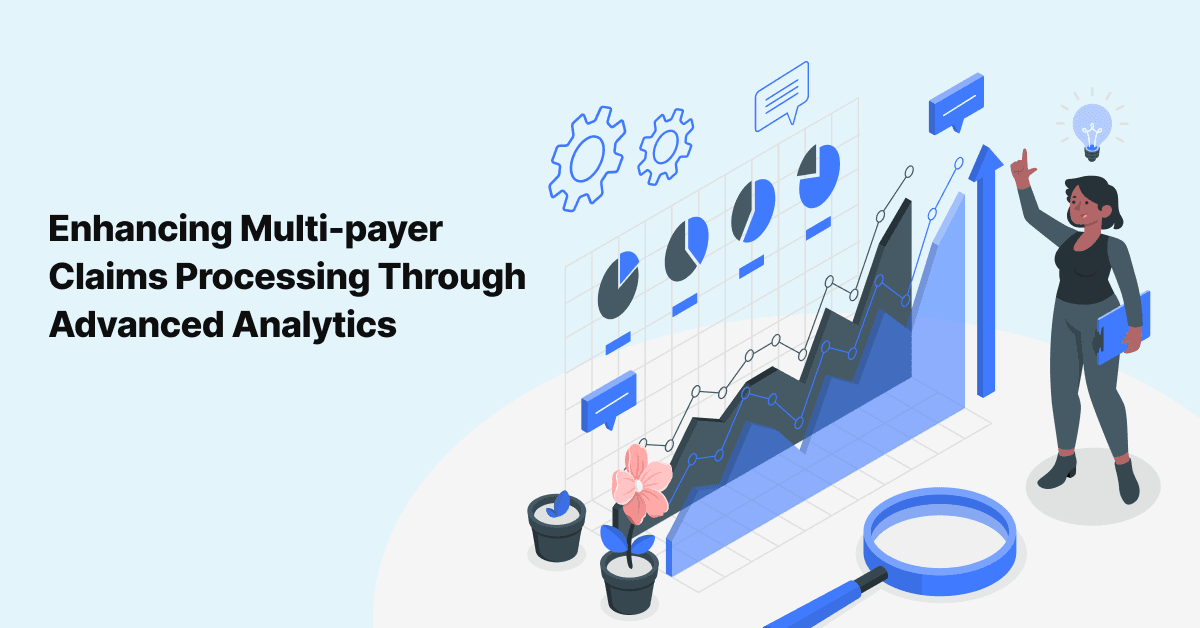
The Transformative Potential of Predictive Analytics in Precision Medicine
Picture a world in which physicians receive advanced alerts for potentially life-threatening illnesses like …

You can’t swing a power cord these days without hitting a hospital executive asking for analytics. Healthcare management has become a data game, and the heavy players are those who not only possess data but know how to access and interpret that information. Many healthcare IT vendors claim to offer or support Business Intelligence (“BI”) for health systems, but what exactly does this mean? Let’s explore how BI solutions can benefit hospitals and care organizations.
In a nutshell, BI for healthcare is reports, dashboards metrics, and solutions designed to identify patterns and help drive outcomes and goals. For example, if a hospital is trying to count the number of referrals from a certain clinic or ancillary provider and associate that count to a dollar amount, business intelligence helps connect the dots between what are essentially data points. As you can imagine, having this information enables the hospital in our example to best steward their resources within the community, pursue relationships accordingly, and consider opportunities to create stronger (and more lucrative) referral networks.
Because of the popularity and sheer demand for analytics within the health IT space, most healthcare vendors will claim to support some level of BI. However, it’s important that health organizations understand a few key questions to vet solutions properly:
Leveraging a healthcare IT consultant partner can be helpful for developing requirements for pursuing solutions to ensure the right tool is selected for the right use cases. Optimistically jumping into a vendor relationship without really understanding near-term and long-term needs is a recipe for disaster and something we see far too often.
Data for data’s sake is not a worthy or wise pursuit. Health systems integrating with other providers, repositories, or vendors spend a lot of time and money setting up those interfaces. Don’t be afraid to have high standards!
If connecting entities don’t cleanse and normalize their data, then the recipient organization will have to do so in order for the data to truly provide value. Aggregated patient, payor, and operational information cannot be interrogated for trends or correlations if the data model isn’t set up to ensure a well-cultivated data warehouse.
It’s easy to skip ahead to the good part, anticipating all the cost savings, outcome improvements, and enhanced workflows when considering predictive analytics for hospitals and health systems. But as they say, you’ve got to crawl before you can walk.
By honoring the arduous task of cultivating a strong data model and reliable architecture, organizations are far closer to enjoying the benefits of prescriptive BI for healthcare. Once baseline metrics are established (which many hospitals won’t admit that they don’t quite grasp today), data sources can be secured and integrated with EHRs or an HIE to power more insightful queries and views. Beyond baseline, improvements and optimizing capitation models are well within reach. And just beyond the horizon? Predictive business intelligence. Imagine getting ahead of patient barriers and cost sinkholes!
One of the beautiful realities about the push toward interoperability is that health systems are becoming empowered with data. This information drives better care, efficient operations, and the vision of an optimized healthcare model across communities. Business intelligence for healthcare is leading this charge, allowing hospitals and health systems to visualize and model opportunities for improvement and measurement against industry best practices. So now that you know what BI is for healthcare, are you ready to dive in?
Join over 3,200 subscribers and keep up-to-date with the latest innovations & best practices in Healthcare IT.

Picture a world in which physicians receive advanced alerts for potentially life-threatening illnesses like …

While it’s no surprise that it can take a bit before large health systems acclimate to the latest technology …

When it comes to healthcare claims, managing claims from multiple payers can be a daunting task. The …